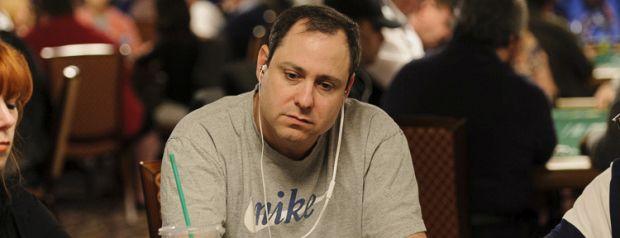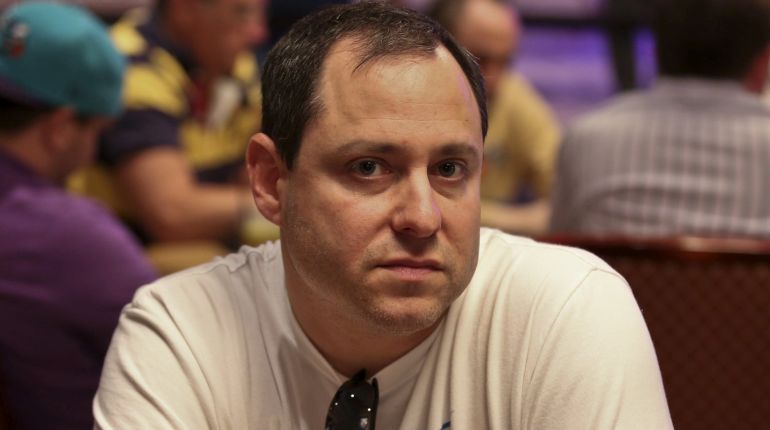13 Jun
The question of buying action crops up a fair amount in the poker world. Partly because it is a complex mix of exciting financial speculation, variance reduction, and audience participation, and partly because the issue of pricing can occasionally lead to fairly heated discussions. There’s plenty of guesswork involved: how do you price a player in live tournaments when the odds of having a meaningful sample size is pretty much precluded by the massive length of time each one takes and the relatively tiny number that are put on?
As a result, a lot of people feel that the rates offered by most pro-players are too high and, seeing it as a brag at best and scam at worst, get pretty vocal about it.
In an effort to get those people to put their money where their mouth is, David ‘ODB’ Baker tweeted this offer a while ago, which has been kicking up some interesting discussion on this 2+2 thread:
First of all for the uninitiated let me clarify what it means to buy someone’s action.

What is Buying Action?
Buying someone’s action involves paying them an amount of money in return for a percentage of their winnings in a given event.
Usually the price is quoted as a decimal fraction: 1.2 meaning that you are paying £1.20 for every £1.00 of buy in. You buy them in for a return on their profits, and the percentage markup helps keep the pro in business.
To clarify further using an example: if I sell you 5% of my action for a £100 buy in tournament at a price of 1.5, then you pay me £7.50 (which is £5 multiplied by 1.5). In return you receive 5% of my winnings from the tournament. If I cash for £200 you take £10 of it for a £2.50 profit.
If you still don’t follow, that’s my fault, but Google is your friend.
What is ODB even tweeting about?
So back to ODB’s offer… It may not be immediately obvious what exactly that is. After all, buying one’s own action is not an intuitive concept, especially at markup.
Luckily a helpful 2+2er explains on the thread that the upshot is basically that he owes the buyer 1.4 times the buy-ins of those event (a opposed to being paid 1.4 times the buyin). In return, the buyer has to match the prizes ODB wins over that amount.

For example…
If he plays four $2,500 buy in events (for $10,000 total buy ins), and you take 100% of this bet, ODB pays you $14,000 (being 1.4 multiplied by $10,000) up front.
But now you have to match every prize he wins in those events. If he goes busto in all four you pocket the $14,000 and call him a pidgeon. If he scores a small cash for say $5,000 you’re still $9,000 in profit. The big risk is that he FTs or takes the whole thing down for a couple of hundred thousand, at which point he bankrupts you.
Naturally, in reality, you would probably just buy a percentage of this bet rather than the whole thing, but even so…
Why take the bet?
At first blush it looks like a good deal if you think he can’t beat a consistent return on his investment ( ROI) of 40%, then you cash in in the long run. But then again – to over quote Keynes – in the long run we’re all dead.
The real detraction is the variance. Your upside is limited to that initial buy in ($14,000 in our example) but he could be taking you for several hundreds of times that if he runs good.
In some ways, this is the downside for him as well. If he beats that 40% ROI in the long run, it comes from those times he goes deep in a tourney and takes home a big cheque. In this bet, those wins are the ones that are most likely to be welched on.
Mind you, it might not be a bet he expects any takers on, as username Clayton points out on the 2+2 thread:
“If you’re trying to sell action it’s a very good sales pitch to tell a prospective buyer that nobody was willing to fade you at [1.4]. You could use this info to potentially pump up your markup.”
What do you think about this bet? Would you take it, offer it, or throw it out on its ears? Let us know in the comments below.
